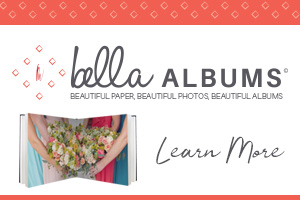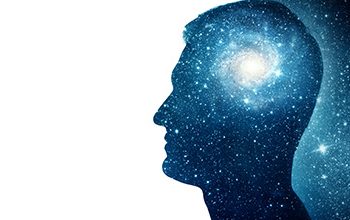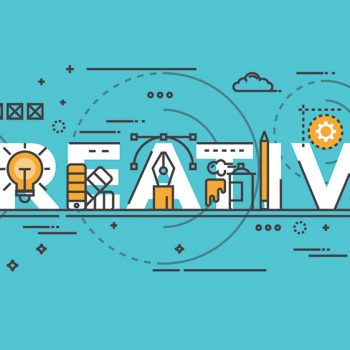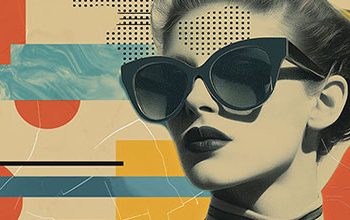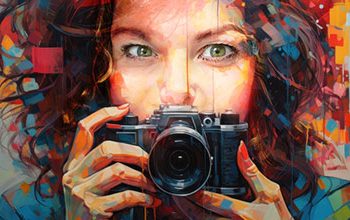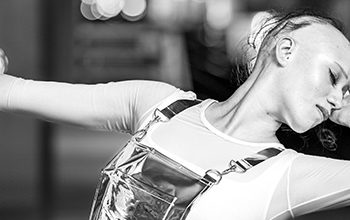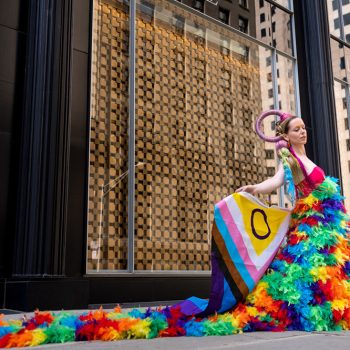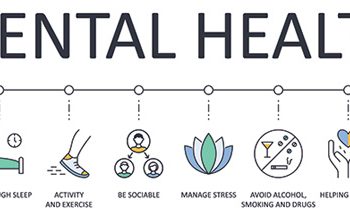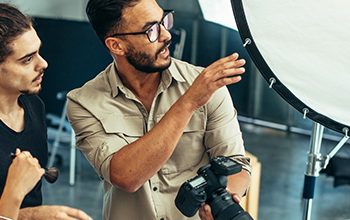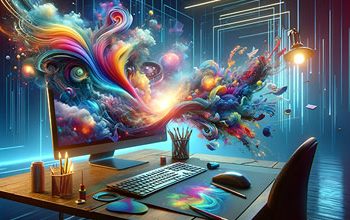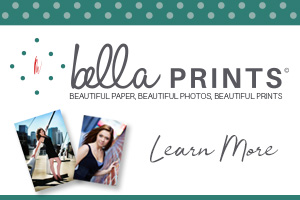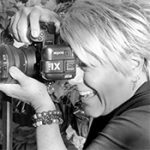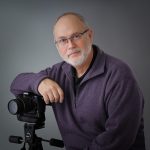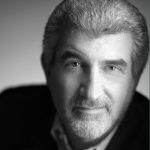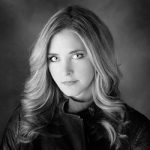By Carly Sullens
Of all the art mediums, photography has one of the steepest learning curves. It is the most technical and requires learning multiple facets to master, which includes; camera mechanics, lighting, editing, posing and more. No matter where you are on your photography journey, there’s always something to learn. Photographers learn from other photographers, classes, conferences and simply by doing. It’s a necessary and important step to gather as much information you can and apply it to your craft to develop and grow.
At some point, in your photography journey, it’s key to unlearn. Unlearning is an important skill just as learning is. We often think what we need is more learning when the next necessary lesson is to simply sit back and unlearn the beliefs and approaches that may keep you stuck.
For instance, when I learned how to use off-camera flash, I found myself using it all the time. It was exciting to create and shape light that wasn’t there, making the subject stand out from the background. I would use modifiers and soften the light, increase or decrease the power, and sometimes add more than one light source to my trigger. I never left the house without my light stand, light, soft box, trigger, and all my camera gear.
As I was developing this skill, at some point I realized I stopped looking at the ambient, or natural light in my setting. I also noticed, I didn’t want to take any photos unless I had my off-camera flash with me. I needed to take a necessary step back. I had to unlearn using off-camera flash as a crutch every time I photographed. So, I put myself on an off-camera flash diet in the middle of a major photography conference. At first, I hated it. I was sulking and believed my photos could never look good, unless I used off-camera flash.
So, I began to force myself to look at the light that was in my surroundings. I had to think deeper; how I could modify or change this light to get the necessary look I wanted. I realized I was exploring areas of my setting in a way I wouldn’t have if I could simply set up the off-camera flash. I moved my subject to the window light, found things I could reflect light back onto her, and moved myself in different angles to take the photo.
I noticed without all the extra gear, I was more nimble in my surroundings and in my mind. I could move more quickly, so this allowed me to think faster and creatively. Sometimes it worked, sometimes it was frustrating.
But, I persisted and what I discovered was in my ability to be more creative in the moment and in any setting, I flourished. The lesson was never about whether it is better to use off-camera flash or a natural light. The lesson was discovering if the tools and knowledge are moving us forward or holding us back on our learning journey. Off-camera flash was helping me shape light, but holding back my creative eye. I needed to step back so I could integrate looking at light, the setting and subject creatively and then decide if I want to add off camera flash or not. I needed to unlearn. One step back, two steps forward propelled me as a photographer.
The same thing happens with editing. Often we find a preset, or a look we love and stay nestled in that editing style. There is nothing wrong with having a brand look and editing style that defines you. However, I think it is necessary to just play on your own with different editing styles and looks, even if you never post them or share them. It’s just for you. If you always edit in color, try black and white. This will help train your eye to see textures and contrast.
If you edit in a dark and moody style, try something light and bright. You may not like it and that’s ok, because you will unlearn. And in that unlearning you will discover a new space and a new way of doing things. This is the space of discovery where you will grow as a photographer. It’s often the uncomfortable places we grow the most.
The best part is taking that growth and applying it back to what you already know. The magic is where the learning and unlearning merge. I am more confident when I use off-camera flash and I am ok when I don’t have it. Some days I just want to take my camera and one lens and walk out the door. This lets me have a flexible spirit to be free and creative when I photograph. Even if the photos are only for me, to play, to unlearn and to ultimately grow.




